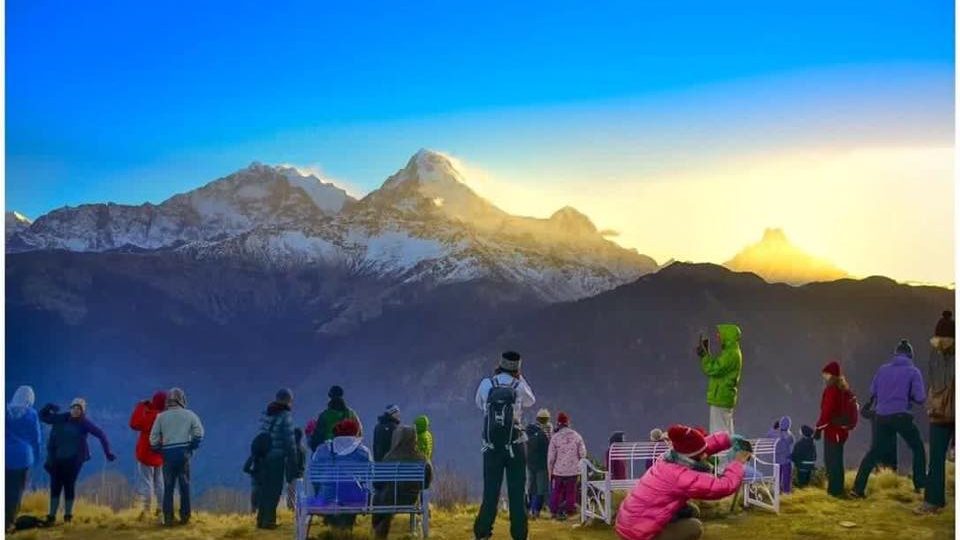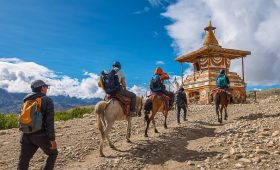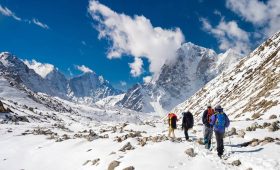Are you planning a thrilling trekking adventure in Nepal? With its majestic mountains, diverse landscapes, and rich culture, Nepal offers an unforgettable experience for trekkers. However, to ensure a safe and enjoyable journey, it’s crucial to follow certain do’s & don’ts of trekking in Nepal. Here’s a comprehensive guide to help you make the most of your trekking experience while respecting the environment and local customs.
When trekking in Nepal, it’s important to be aware of certain do’s & don’ts of trekking in Nepal to ensure a safe and respectful experience. Here are some key tips:
Do’s:
1. Respect the local culture and traditions. Be mindful of local customs and dress modestly when visiting temples or religious sites.
2. Carry and drink plenty of water to stay hydrated throughout your trek. It’s essential to maintain good physical health at high altitudes.
3. Hire a licensed guide or join a reputable trekking company for a safer and more enjoyable experience. They can provide valuable guidance and support.
4. Pack proper trekking gear, including sturdy footwear, warm clothing, and a good quality backpack. Be prepared for changing weather conditions.
5. Acclimatize properly to avoid altitude sickness. Take regular breaks, ascend gradually, and listen to your body’s signals.
Don’ts
1. Don’t litter. Maintain the beauty of the natural environment by disposing of waste properly and respecting the “leave no trace” principle.
2. Avoid drinking tap water or consuming uncooked food that may not have been prepared hygienically. Stick to bottled or treated water and eat cooked meals.
3. Don’t underestimate the difficulty of the trek. Be realistic about your fitness level and choose a trek that suits your abilities.
4. Never touch or disturb wildlife. Maintain a safe distance and observe them from afar.
5. Avoid displaying public affection or engaging in inappropriate behavior in public places, as it may be considered disrespectful in Nepalese culture.
Conclusion
In conclusion, adhering to the do’s & don’ts of trekking in Nepal is essential for a fulfilling and safe adventure amidst the Himalayas. By preparing both physically and mentally, respecting local culture, and staying informed about safety measures, trekkers can navigate the rugged terrain with confidence and respect for the environment.
Proper acclimatization, responsible waste disposal, and maintaining a spirit of appreciation for Nepal’s natural beauty are paramount. Remember, altitude sickness can affect anyone, so ascending gradually and recognizing its symptoms is crucial.




